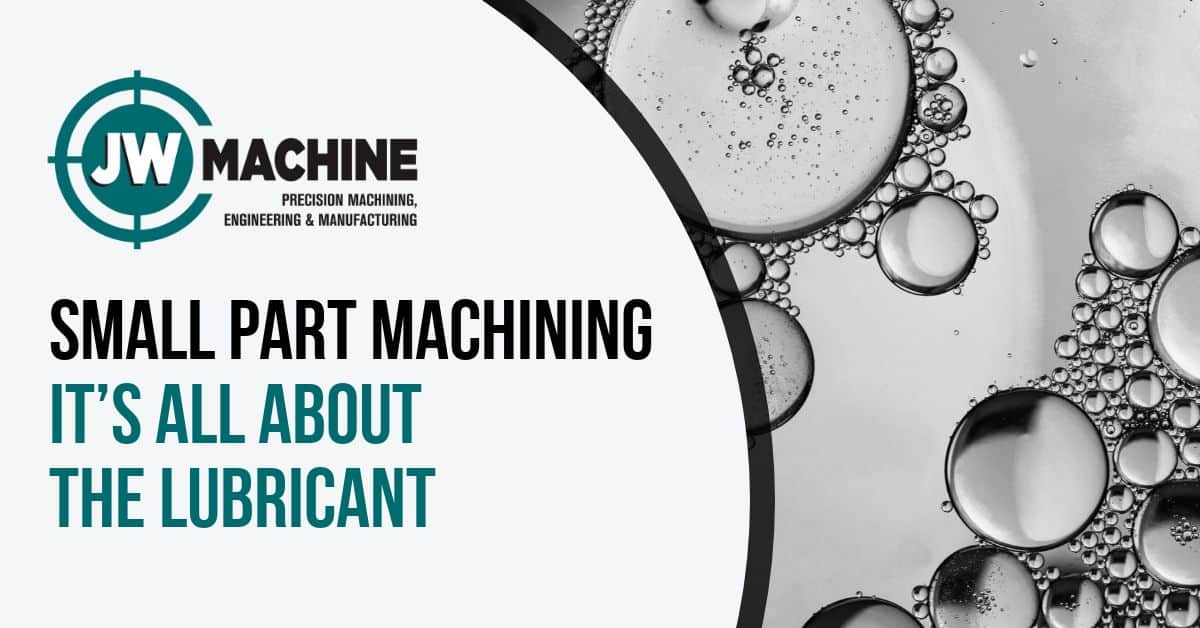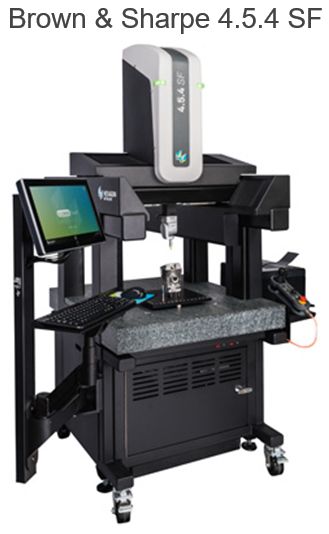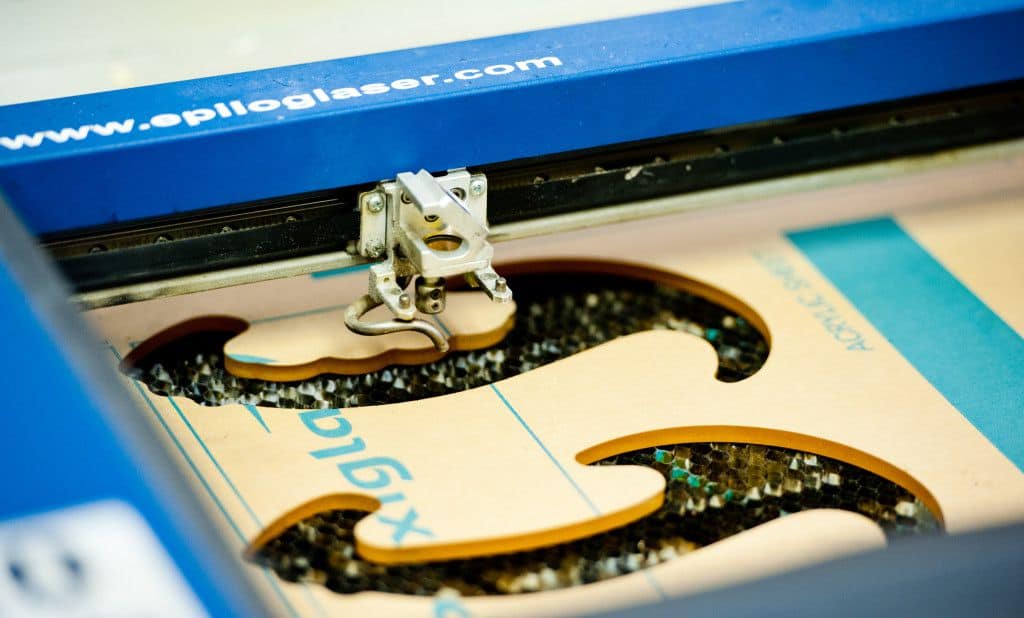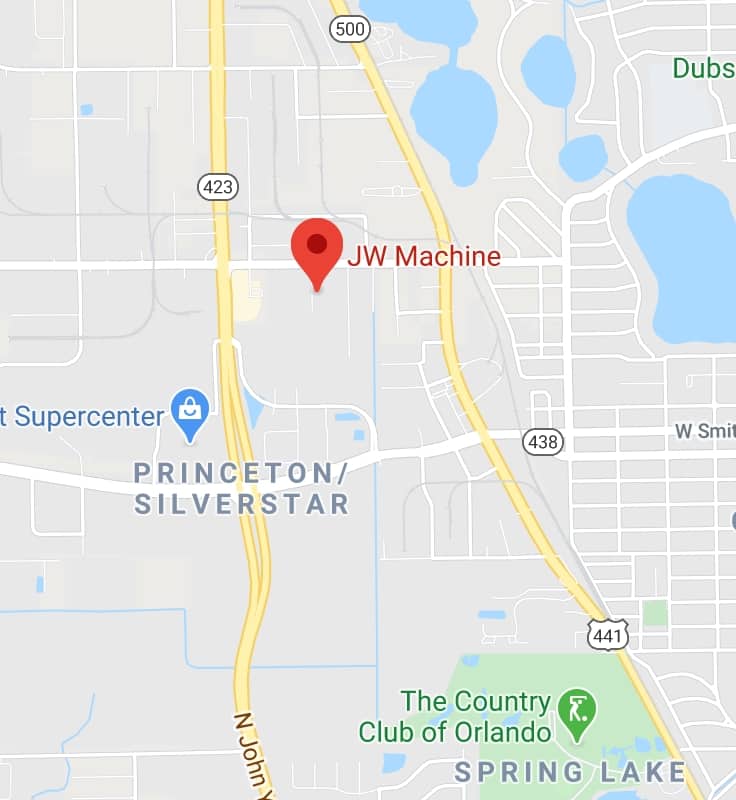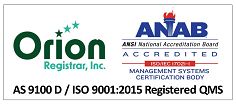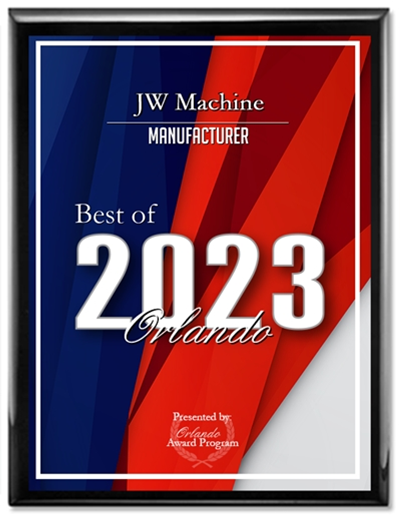Part One
Small part machining to tolerances of one ten thousandth of an inch presents multiple challenges. All milling turning processes require some form of lubrication. In previous articles we have discussed the differences between milling turning processes, climate control, and material selection. Now, let’s take a look at an often overlooked facet of the milling turning process which has a substantial impact on the success of your small part machining project. In this article we will discuss the types of liquid lubricants used in small part machining.
There are three general categories of liquid lubricants used in milling turning processes.
Mineral
Mineral oils have been used in the milling turning process from the beginning. Mineral oils are naturally occurring petroleum-based oils derived from a variety of petroleum processing methods which yield many different lubricants with varying properties. From rich dark, thick heavy oil to light, clear extremely viscous oils; there are literally thousands of combinations of mineral oils which are used in milling turning of small part machining projects.
Semi-synthetic
Semi-synthetic cutting fluids are a combination of mineral oils and water. Many materials and tooling used in milling turning and small part machining in general have specific properties which may require special additives and cooling found in semi- synthetic blends. These cutting fluids are most often used in CNC machining during the milling turning of small part machining because of the added benefits of better temperature control.
Synthetic
Synthetic cutting fluids are generally water-based lubricants derived from any number of processes. Most are a combination of plant or animal-based oils emulsified in large quantities of water and other chemical compounds for added cooling and lubrication benefits for specific milling turning processes. Synthetic cutting compounds are often developed for a specific type of material and tooling needed for the small part machining process.
Small part machining requires the proper lubricant for the type of material and expected results. Matching the milling turning process to the proper lubricant for your small part machining project can be the difference between success and failure. Let JW Machine’s expert staff tackle you’re your next small part machining project. Our expert CNC machinists know the proper lubricants to use to ensure success. Give us a call today.







